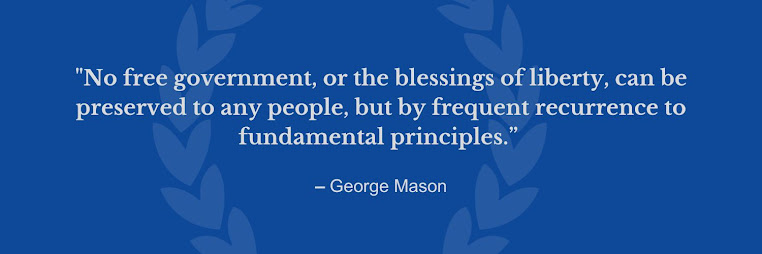Discussion in this panel touched on such subjects as the place of the U.S. in international broadband rankings, the IP transition, universal service reform, and the role of state regulators in the broadband era.
Not to be overlooked are the insights offered by then-Commissioner Robert McDowell regarding wireless and intermodal competition:
If I think back to 10 years ago, exactly right now, I was in the throes of the debate over the unbundled network element platform, "UNE-P," as we called it. That was all about trying to bring residential voice competition to wireline services. The best and the brightest on both sides of that debate did not foresee – did not foresee – the rise of cable telephony or the rise of wireless as a substitute.
That whole concept of wireless substitution was laughed at. It was said: "The quality of wireless isn't any good. Or calls get dropped. And there's not enough build-up in residential areas, not good enough reception. People are never going to substitute – never going to substitute – wireline for wireless or have wireless as a substitute for wireline."
Now, more than a third of all U.S. households are 30 wireless-only. That's evidenced by a lot of what's pointed out in AT&T's petition. But 10 years ago, nobody saw the rise in rise in wireless competition happening. If you're patient as a regulator, or as a member of Congress, the markets will find a work-around.
...Consumers are telling us that wireless broadband is a substitute – not in every case, not for every market. But it is a substitute. The fastest growing segment of the broadband market is wireless, with the vast majority of consumers having a choice of at least four wireless broadband providers. And that number will increase as we see the build-out of LTE continue. If LTE continues to spike it will be game changing, as we will get broadband in the car and things like that. We don't know what's coming over the horizon. And the last thing we want is the government to preempt or nip in the bud the innovation coming over the horizon.





